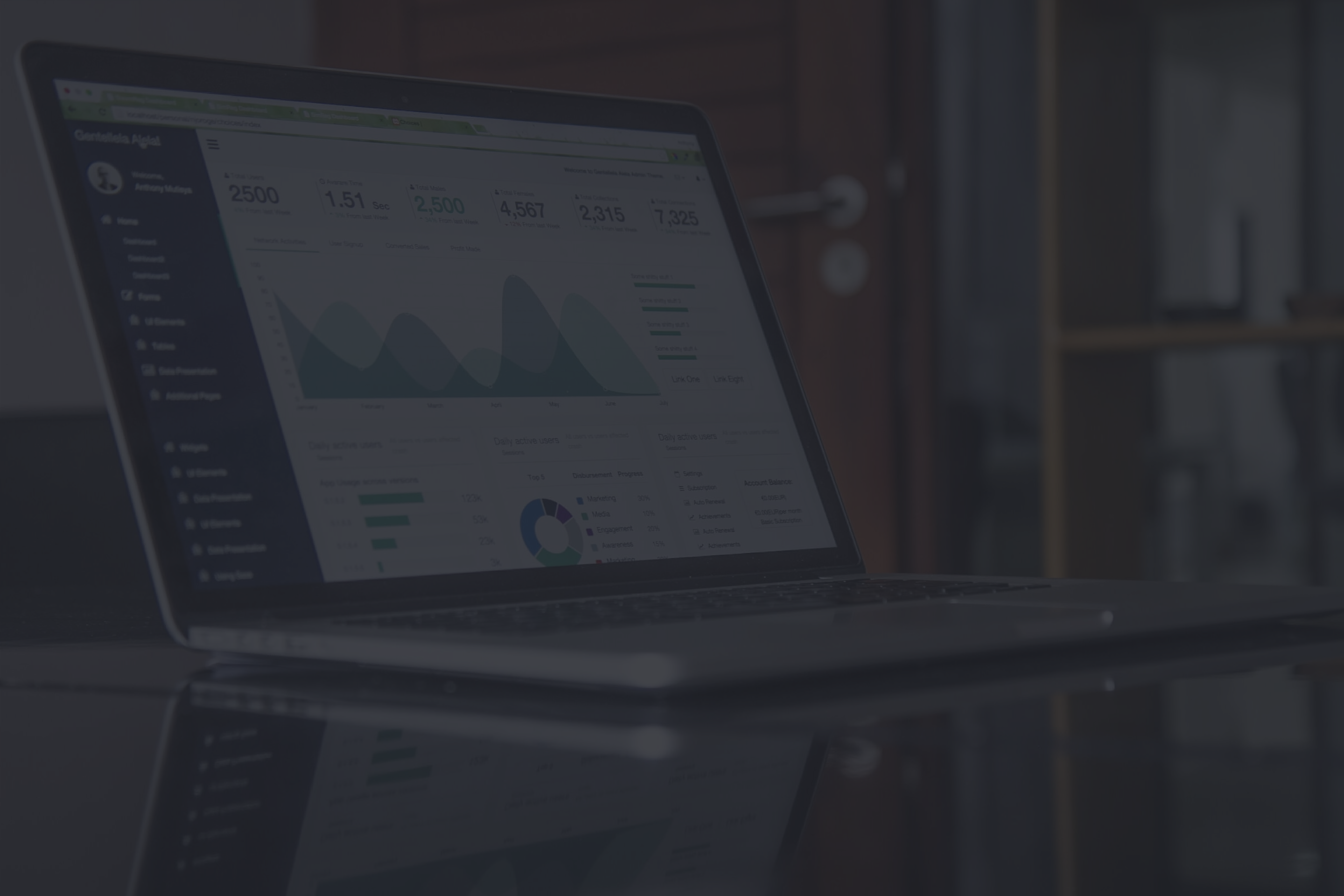Data analytics is the most powerful force when it is enabling businesses make the right decisions based on meaningful insights. Many times we mistake a lot of data being available to meaningful insights, nothing can be farther from the truth. At Marketsof1, we believe creating a data driven decision sciences framework for our clients that is simple yet effective in driving growth. A framework that brings clarity to decision making across the organization at various levels.We follow the well established and proven CRISP DM implementation methodology
Implementation Methodology: International CRISP-DM

Services Offered
Business Intelligence | Data Visualisation & Dashboarding
Business Intelligence when done right empowers organizations to aggregate, integrate, and validate data and uncover relevant insights in real time. We help our clients transform data into intelligent insights with Big Data modelling by using various modelling techniques to do descriptive, prescriptive and predictive analytics. Our BI frameworks enable organizations to: Choose the right tools and technology. Gather and analyse the data required for decision making. Enable the organization across level to take accurate data driven decisions.
Our BI frameworks enable organizations to:
- Choose the right tools and technology.
- Gather and analyse the data required for decision making.
- Enable the organization across level to take accurate data driven decisions.
Advanced Analytics
Advanced Analytics dwells on the unknowns of an enterprise. It lets users find answers when they don’t even know what they should be asking by identifying meaningful patterns. Rather than just looking backwards at the data to understand what has happened. Advanced Analytics methods and algorithms use data to look to the future and understand what is likely to happen. While both Business Intelligence and Advanced Analytics are used to improve decision making, the two techniques have different goals and use different methods.
- Descriptive Analytics : This type of analytics looks to past data to understand and rationalize pas events. The techniques used in these Analytics are the not so complicated, mostly summarizing data through counts, aggregations of metrics, and simple calculations such as averages. These methodologies may also use data mining to find correlations between variables and help identify reasons for previous success or failure.
- Diagnostic Analytics : In contrast to descriptive analytics, diagnostic analytics is less focused on what has occurred but rather focused on why something happened. In general, these analytics are looking on the processes and causes, instead of the result.
- Predictive Analytics : Uses statistical models and other methods to predict what might happen based on previous data. These Analytics use statistics, data mining, Machine Learning methods, and business rules to make probabilistic predictions of the results of certain actions.
- Prescriptive Analytics : Gives recommendations on what should be done, including for questions that weren’t specifically asked. These Analytics extend upon Predictive Analytics through the use of optimizations and simulations to evaluate possible actions and the potential impact of each option.


